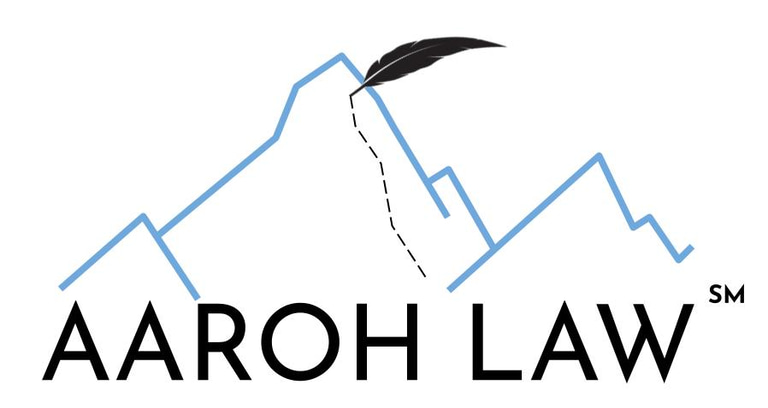The Ultimate Guide to Trademark Registration in India
Why trademarks matter more than ever? In today’s crowded marketplace, your brand identity is your strongest asset. A trademark registration in India safeguards your logo, name, tagline, or symbol from misuse and builds trust among consumers. With startups, SMEs, and global businesses rapidly entering India, trademark protection has become both a legal necessity and a strategic advantage. This comprehensive guide to trademark registration in India (2025 edition) covers the process, cost, benefits, timelines, objections, and enforcement, while helping you avoid common mistakes.
(2025 Edition)

What is a Trademark?
A trademark is a sign capable of distinguishing the goods or services of one business from another. It could be a:
Word or phrase (e.g., brand name)
Logo or symbol
Tagline or slogan
Shape of goods
Sound marks (e.g., a jingle)
Combination of these
Under the Trade Marks Act, 1999, trademarks in India are protected once registered with the Trade Marks Registry.

Benefits of Trademark Registration in India
Exclusive Rights: Only you can use the mark in your category.
Legal Protection: Quick recourse in cases of trademark infringement in India.
Brand Recognition: Builds credibility with customers.
Business Asset: Can be licensed, franchised, or sold.
Global Protection: Basis for Madrid International Filings.
Investor Confidence: Investors prefer businesses with secured IP portfolios.

Trademark Classes in India (Nice Classification)
To file a trademark, you must know its class. India follows the Nice Classification (45 classes):
Classes 1–34: Goods (e.g., clothing, food, beverages, chemicals)
Classes 35–45: Services (e.g., legal, IT, education, consultancy)
Example: Clothing falls in Class 25 | Mobile Application falls in Class 9 | Legal Services falls in Class 45
A wrong class can invalidate protection. Always conduct a trademark search in India before filing.

Step-by-Step Process of Trademark Registration in India
1. Trademark Search
Before filing, check if your mark is available. A comprehensive trademark search in India covers phonetic, image, and class searches.
2. Filing the Application (Form TM-A)
Filed with the Trade Marks Registry
Covers one class per application
Filing fees: ₹4,500 (Individual/Startup/MSME), ₹9,000 (Company/LLP, Others)
3. Examination
The Trade Marks Registry examines the brand for distinctiveness, conflicts, prohibited marks.
4. Objections
If objections are raised, a written reply and hearing may be required.
5. Publication
Once accepted, the brand or trademark is published in the Trademark Journal for opposition.
6. Opposition
Third parties have 4 months to oppose. If unopposed, it proceeds.
7. Registration & Certificate
Final approval leads to Certificate of Registration, valid for 10 years (renewable).

Cost of Trademark Registration in India (2025)
Individuals/Startups/Sole Proprietor/SMEs: ₹4,500 per class
Companies/LLP/ Partnership/ Other Entities: ₹9,000 per class
We can provide end-to-end trademark filing with transparent pricing at request.

How Long Does Trademark Registration Take?
Statutory framework: In theory, if a trademark application faces no objections or oppositions, it can proceed to registration within 8–12 months.
Practical reality: In recent years, applicants have experienced longer timelines, often stretching to 18–24 months or more, depending on factors such as examination backlogs, oppositions filed by third parties, and hearings.
Key takeaway: While the process has stages with indicative timeframes, applicants should be prepared for possible delays and plan brand launches or expansions accordingly.

Common Grounds for Refusal
Lack of Distinctiveness (descriptive marks, generic names)
Similarity to Existing Marks
Prohibited Symbols (national emblems, offensive marks)
Deceptive Marks
Example: Using “Apple Computers” for electronics will be rejected.

Trademark Infringement in India
Trademark infringement occurs when someone uses a mark identical or deceptively similar to yours for similar goods/services.
Legal remedies include:
Injunctions (stop usage)
Damages or accounts of profit
Criminal penalties (fines, imprisonment)

Renewal and Maintenance of Trade Marks
Validity of trademark is 10 years from the data of filing the Application.
Renewal must be done every 10 years (Form TM-R) for continuity of the Trademark Registration.
Grace Period of 6 months with late fee is allowed in accordance with the Indian Trade Marks Act, 1999.
Non-renewal of the Trademark causes removal from Register of Trade Marks.

Aaroh Law in Ahmedabad
We are a boutique trademark law firm in Ahmedabad with expertise in trademark registration in India, Madrid filings and global IP strategy. While based in Ahmedabad, we assist clients across India and internationally.

About Our Trademark Practice
At Aaroh Law, we work on matters connected with trademark filings, trademark registration, handling trademark objections and oppositions, trademark renewals, trademark assignment, international filings under the Madrid Protocol as well as enforcement proceedings. Our practice covers advisory on brand protection strategies and related concerns in relation to intellectual properties.
For general information or to discuss your requirements, you may reach us at rohan@aarohlaw.com.


